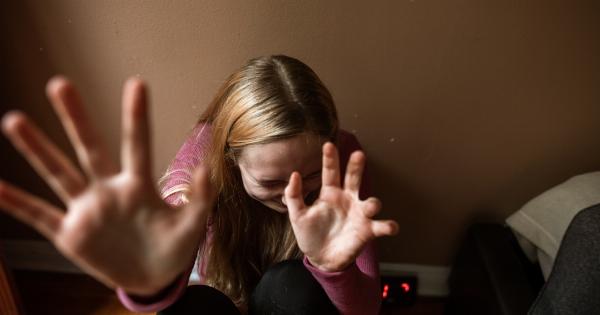Domestic violence continues to be a pervasive problem in today’s society, affecting millions of women worldwide.
It is a complex issue that not only impacts the physical and emotional well-being of survivors but also has long-lasting effects on their mental health and overall quality of life. Women who have experienced domestic violence often face numerous challenges in their journey towards healing and recovery.
The Importance of Understanding Women’s Reactions
Before delving into the mistakes to avoid when supporting women who have experienced domestic violence, it is crucial to recognize and understand the common reactions these survivors may exhibit.
Domestic violence can leave individuals feeling overwhelmed, scared, and powerless. Therefore, it is essential to approach the matter with empathy, compassion, and sensitivity.
Mistake 1: Blaming the Victim
One of the most harmful mistakes people make when encountering women who have experienced domestic violence is blaming the victim.
Society has nurtured a culture of victim-blaming, perpetuating harmful myths that suggest the survivor is responsible for the abuse they endured. Comments like “Why didn’t she just leave?” or “She must have provoked it” only serve to further isolate and stigmatize survivors.
It is important to remember that domestic violence is about power and control, and the responsibility lies solely with the abuser.
Survivors often face various obstacles in seeking help, such as financial dependence, fear of further abuse, and societal pressures. By blaming the victim, we shift the focus away from the abuser and contribute to a culture that allows domestic violence to persist.
Mistake 2: Minimizing the Impact
Another mistake that is commonly made when discussing or supporting women who have experienced domestic violence is minimizing the impact of the abuse.
Domestic violence is not merely a physical act; it encompasses a wide range of abusive behaviors, including emotional, psychological, and financial abuse.
Survivors may have endured years of manipulation, threats, and intimidation, leading to a significant toll on their self-esteem, mental health, and overall sense of safety.
Minimizing the impact of domestic violence dismisses the survivor’s experiences, causing them to feel invalidated and unheard.
It is vital to acknowledge the profound impact that domestic violence can have on a woman’s life and to provide a safe space for her to openly express her feelings and experiences without judgment.
Mistake 3: Offering Unsolicited Advice
When interacting with women who have experienced domestic violence, it is crucial to avoid offering unsolicited advice.
Even though the intention may be well-meaning, survivors often have complex and unique needs that can only be understood through active listening and genuine empathy.
Each survivor’s journey is unique, and what may have worked for one person may not necessarily apply to another.
Instead of assuming we understand the survivor’s situation or attempting to solve their problems, it is essential to validate their feelings and provide resources and support when requested or deemed necessary.
Conclusion
Supporting women who have experienced domestic violence requires a thoughtful and empathetic approach.
By avoiding the mistakes of blaming the victim, minimizing the impact, and offering unsolicited advice, we can create an environment that promotes healing, empowerment, and resilience.


























